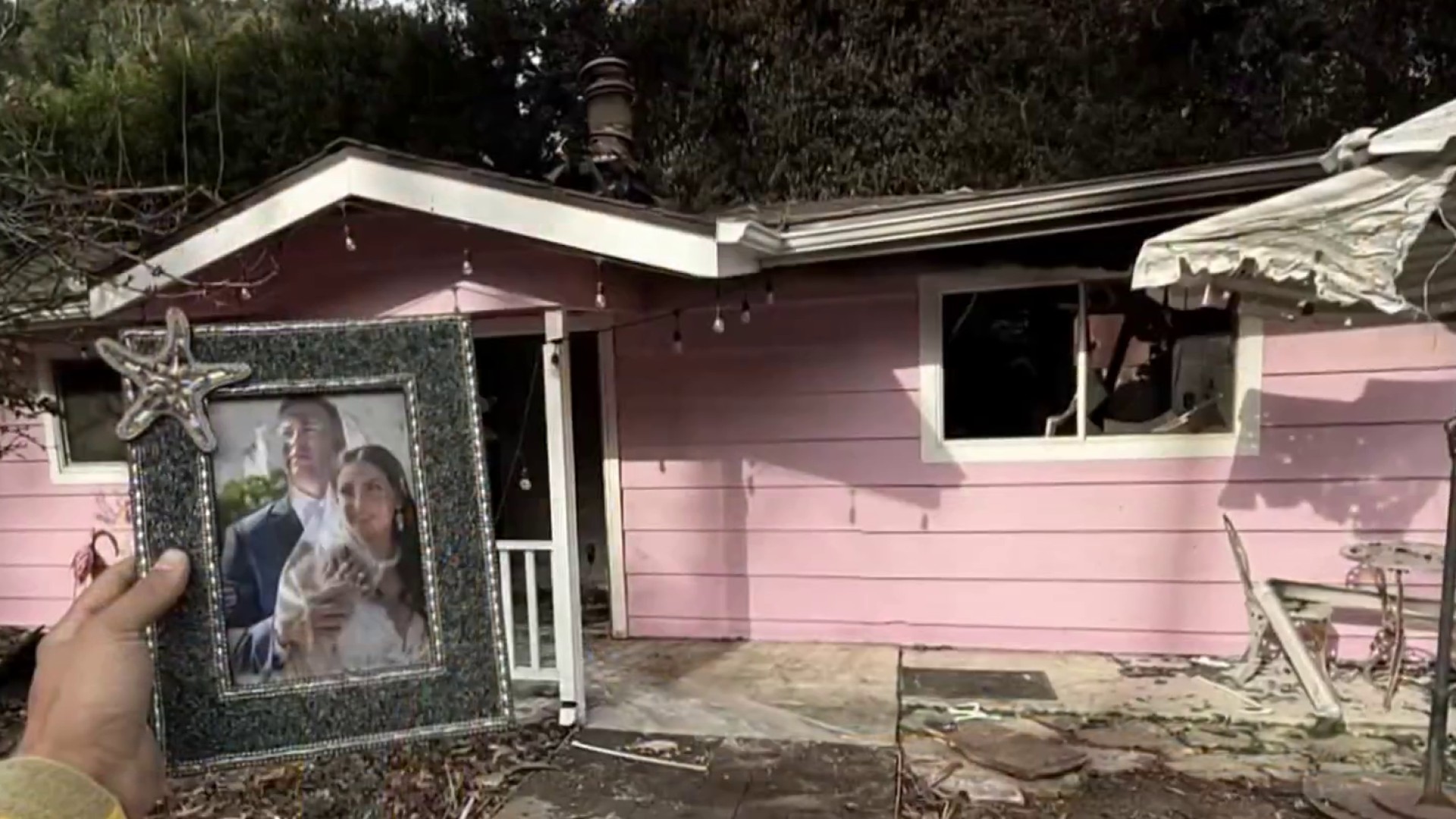Thousands of volunteers are expected to join the annual Susan G. Komen walk on Sunday to raise awareness and funds for breast cancer patients as the nonprofit continues to build participation following the pandemic.
The annual walk at Fashion Island in Newport Beach was drawing 10,000 participants before the COVID-19 pandemic interrupted the fundraiser for two years, said Megan Klink, vice president of Komen West Region. Last year, the first year back, the event attracted 4,000 people and this year about 5,000 are expected, Klink said.
“The community has shown up in a major way,” Klink told City News Service. “We were getting close to our prior goal, so we increased it to $600,000 (from $589,000).”
Klink said the annual walk is ``an essential fundraiser for the work that we do, but it's also an opportunity for this community to come together and celebrate their lives and to honor those that we've lost and just to connect and be together. It's really powerful.”
Get top local stories in Southern California delivered to you every morning. >Sign up for NBC LA's News Headlines newsletter.
The event helps raise money for basic financial assistance for breast cancer patients such as housing, transportation and food, Klink said.
“And part of what we're fundraising for is to provide more direct in-care services,” Klink said. “It's the most expensive form of cancer to treat.”
Volunteers can register through the nonprofit's website, komen.org, and anyone can show up to the walk and also sign up on site, Klink said.
Local
Get Los Angeles's latest local news on crime, entertainment, weather, schools, COVID, cost of living and more. Here's your go-to source for today's LA news.
The event also serves to raise awareness of the disease, which afflicts not just women but men as well.
“Honestly, it does not discriminate,” Klink said. “Everyone needs to understand their body and get screened.”
Now everyone is encouraged to get screened at age 40, a change from prior recommendations at 50.
“That was great news because it's in line from what we've always said,” Klink said. “We absolutely believe that early detection saves lives.”



